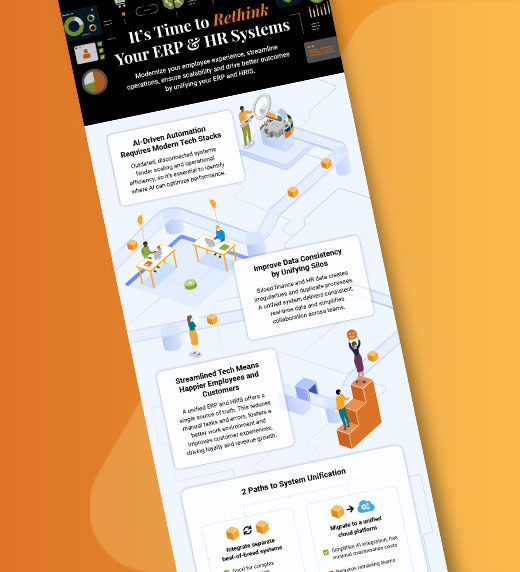
Starting and managing a private foundation is rewarding work. But making the greatest impact with your philanthropic dollars requires balancing multiple objectives — from grantee selection to maximizing investment earnings —and comes with increased regulations and complex reporting rules.
Here are five things to think about before starting a foundation that can help set you up for success:
Private foundations require unique support — from initial setup to ongoing operations and management. Compared to other philanthropic ventures you could pursue, such as setting up a donor-advised fund at an existing foundation or creating an endowment in your name, starting a foundation comes with increased regulatory issues. You are essentially starting a business where you have complete control over where the money goes versus giving it to someone else to make good on.
Don’t go at it alone. Consider bringing in an attorney, accountant and investment advisor to help you lay the groundwork. They can provide you with an initial list of dos and don’ts, such as how to properly set up your articles of incorporation and achieve 501(c)(3) status.
Once you have the legal and operational structure in place, you need to get really clear on who you are going to serve and why. Your mission statement is the guiding principle that everything else follows. It determines why you fund the foundation and who you give to.
You have a reason for wanting to start a foundation — what is the cause you are passionate about that you feel you can make an impact on? Your mission statement should reflect that passion but also be broad enough to pivot with ever-changing societal needs.
Don’t be so specific or narrow that you could be faced with making amendments down the road. For example, a focus on “California-based healthcare” provides flexibility, whereas a focus on “helping the homeless in the city of Long Beach, California” may not.
To fully live out your mission, you’ll need to establish a team of key players who can maintain oversight of where your money goes and why. You will want to establish a board, at a minimum, and preferably a grants committee, who can have a healthy discussion around what’s best for the foundation and align with its mission. Founding family members or friends will be key to this conversation.
We recommend putting in place two to three board members at minimum, but be sure to check the laws in your state for specific guidelines. Having an odd number is helpful in assuring there is a clear majority when needed.
The most effective boards include a mix of people with expertise in the heart of your mission who understand the dynamic of your potential grantees, combined with individuals with professional expertise and a financial or legal background who understand how the organization best functions.
How much you decide to put aside for this charitable cause, or how deeply you fund the foundation, is dependent on a number of factors. Your personal or family tax planning strategy should be considered. That said, you need to have a clear vision of what you’d like to accomplish now and in the future.
Private foundations are required by the IRS to make a minimum distribution each year for charitable purposes of roughly 5% of their assets. This means that at minimum, your grantmaking strategy should include a plan to grant out 5% of your assets each year. From there, you can further adjust your funding targets as need to ensure you are earning more than you are giving away.
Make sure you do your homework on potential grantees. You will want to check that the nonprofit organizations you’re seeking to fund have an active 501(c)(3) status and favorable financial statements, and that there is no disparaging information out there about them.
Keeping up with the many moving parts of establishing a foundation takes time that you could be spending on your philanthropic mission. But you don’t have to do it all on your own. For more information on how we can help, visit our Private Foundation Management page.
July 07, 2020


